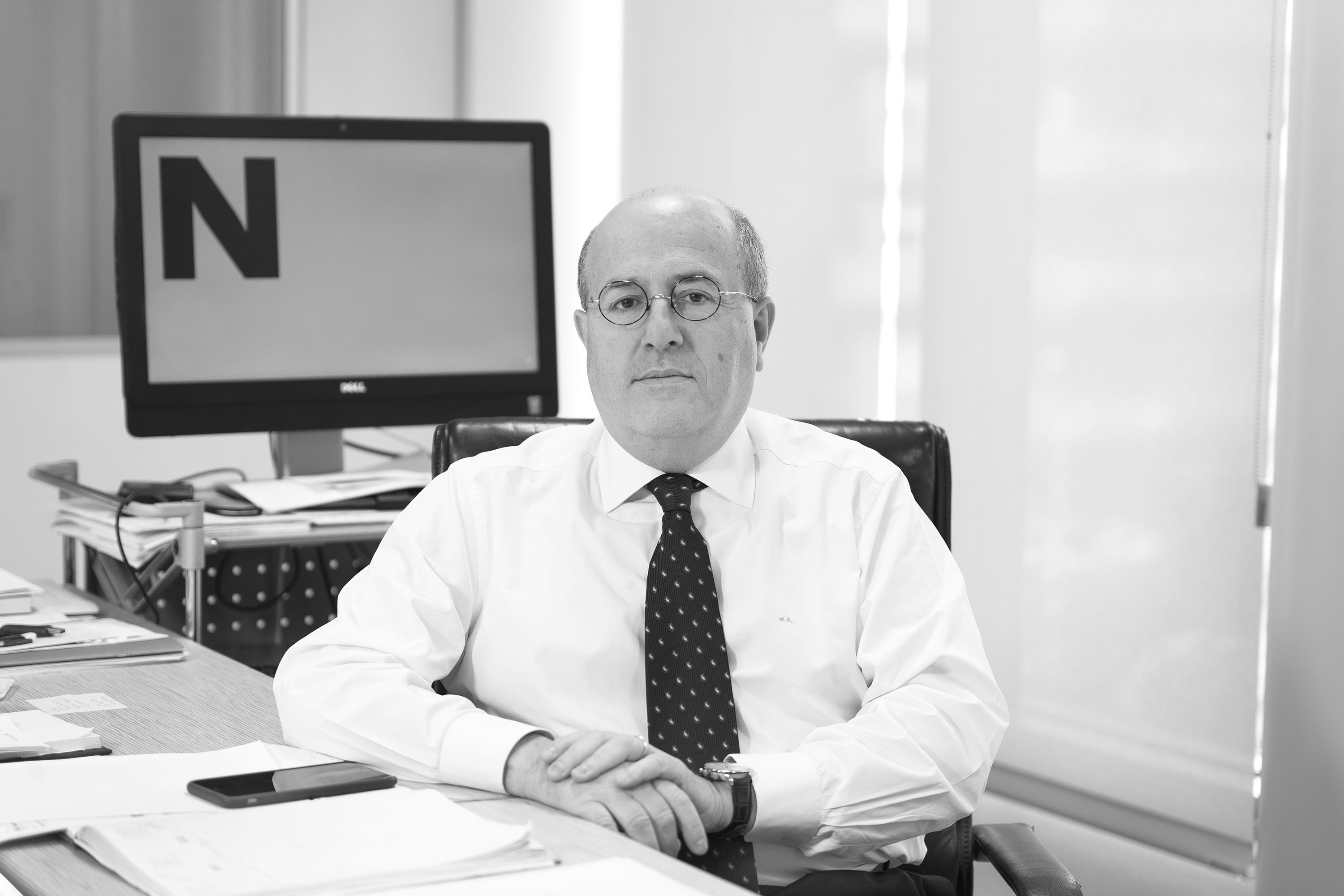Carles Puigdemont has not accepted his dismissal as president of Catalonia, decreed on Friday by the Spanish government after the Senate voted exceptional powers to Mariano Rajoy to suspend Catalan self-rule. Puigdemont's televised message on Saturday, the only public appearance he has made so far, is important, since it signifies several things: it shows the assumption of the step forward taken by Parliament on Friday when it proclaimed the Catalan Republic, and, on the other hand, the absence of any legality that does not imply respecting the authority of Parliament to nominate and dismiss the presidents of Catalonia. The unknown factor is, right now, just what the presidency of Puigdemont, the vice-presidency of Oriol Junqueras and the 13 ministerial posts will translate into. In one case, that of the Minister for Territory and Sustainability, Josep Rull, a minister has gone as far as tweeting a video suggesting that on Monday he hopes to be his office "as a minister of the new Catalan Republic". For the time being, he is the only Minister that has ventured such a firm view. Others say that they are thinking about it.
The government is maintaining its narrative. With difficulties, with huge difficulties, but maintaining it. You only have to look at Saturday's international press. But they have to do it effectively if they don't want to lose their ground. In modern communication, the space that you do not occupy, will end up being occupied by someone else. Yet what stands out is Catalonia's proclamation of the Republic, not Mariano Rajoy's invocation of article 155. To the extent that a shared road map can be devised by Puigdemont, Junqueras, the Junts pel Sí governing coalition, the pro-independence political parties as well as the Podemos party, and the major sovereignist associations, the story will start to assume a life of its own. And the independence movement will, to a large extent, maintain the initiative over several weeks which analysts agree will be very complicated. And, apart from this, what must they conserve is the most valuable treasure they hold at present, which is that a majority of Catalan society is highly mobilized in defence of its institutions. This has been seen very recently following the arrest of sovereignist movement leaders Jordi Sànchez and Jordi Cuixart. Not to mention the capillary network in more than 700 towns that have given their support to the independence of Catalonia and have promised to make it effective.
It is not strange that in the face of all this Rajoy wants to reduce to the minimum his reign as viceroy - only until 21st December, the date on which he has called Catalan autonomous elections. The independence movement has a difficult dilemma on whether or not to take part in these elections. My impression is that as the days go by, there will be a political gravitation towards a "yes" response, to avoid what happened in the Basque Country, when a similar situation allowed the socialist Patxi López to come to power with the support of the PP. But before this decision is made, some days have to go by and many things have to happen.
In this battle for the symbols and for maintenance of its essential liturgy, the government is undergoing the paralysis of its capacity to act, at the hands of the Spanish authorities. In addition to the loss of its political and financial autonomy in recent weeks, the Spanish Ministry of the Interior has now quickly taken over the Mossos police force, has nominated a new leader for the force and has carried out Catalan government dismissals as published in the Official Spanish Gazette. The first measure to go into effect is that Catalan ministers have lost their bodyguards and the same thing will happen with their official cars. Puigdemont will preserve a minimum staff, and Junqueras, an even smaller team. It is obvious that the Spanish Government wants to allow the image of an active Catalan government, moving around in official vehicles, to slip quickly into the depths of memory. Because of this it has also complained to TV3 about attributing the office of president to Puigdemont, given the requirements stipulated for the broadcaster in the Official Gazette on Saturday: "truthful, objective and balanced information, respectful with political, social and cultural pluralism, and also with the territorial balance, as well as with the values of the Constitution and the Statute."
P.S. History will also have to recognize the role of police chief Trapero in the recent stage of consolidation of the Mossos d'Esquadra as the police force of Catalonia. He has been dismissed by the Ministry of the Interior after two immense successes: providing a resounding police response to the August terrorist attacks in Barcelona and Cambrils, with the dismantling of the entire commando in only four days. Eight terrorists were shot down by Mossos agents and the other four were arrested. The way communication to the public was handled revealed a modern police force and Catalan society was justly proud of their efforts. The second police success was on October 1st, on the occasion of the referendum. To the extent that we know all the facts, the Mossos carried out the judicial mandate with proportionality and the result is that they withdrew far more ballot boxes than the Civil Guard and the National Police. All this, without citizens being hurt. Today, Trapero is in the Spanish High Court Nacional under investigation on a charge of sedition and subject to precautionary bail measures.

